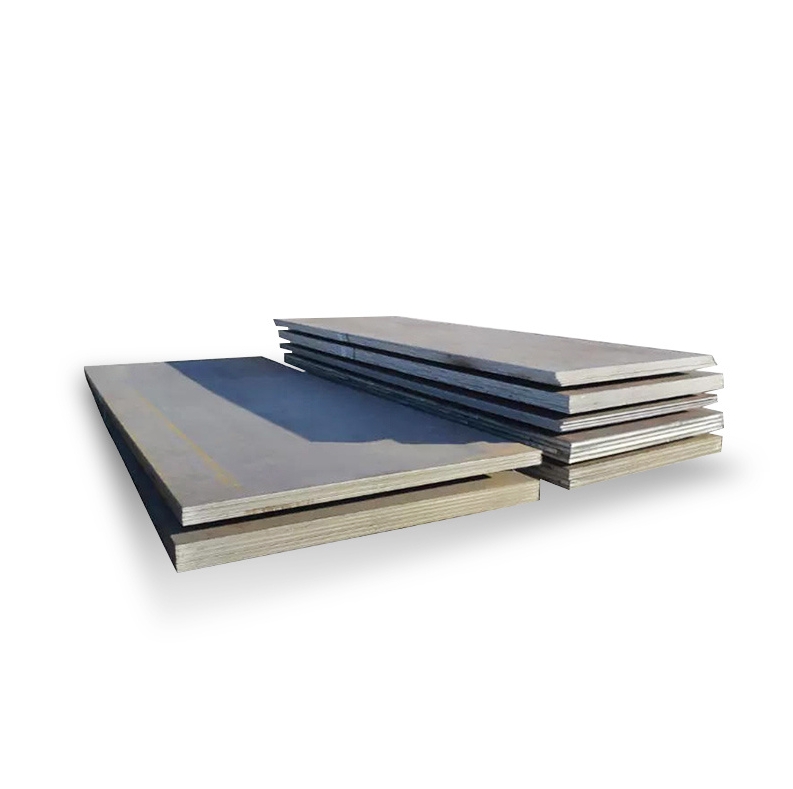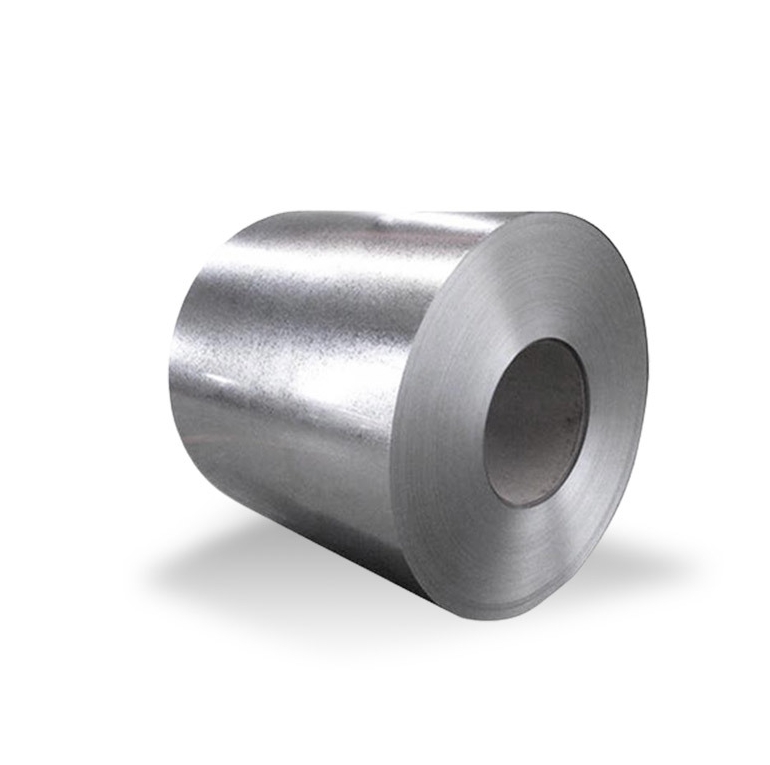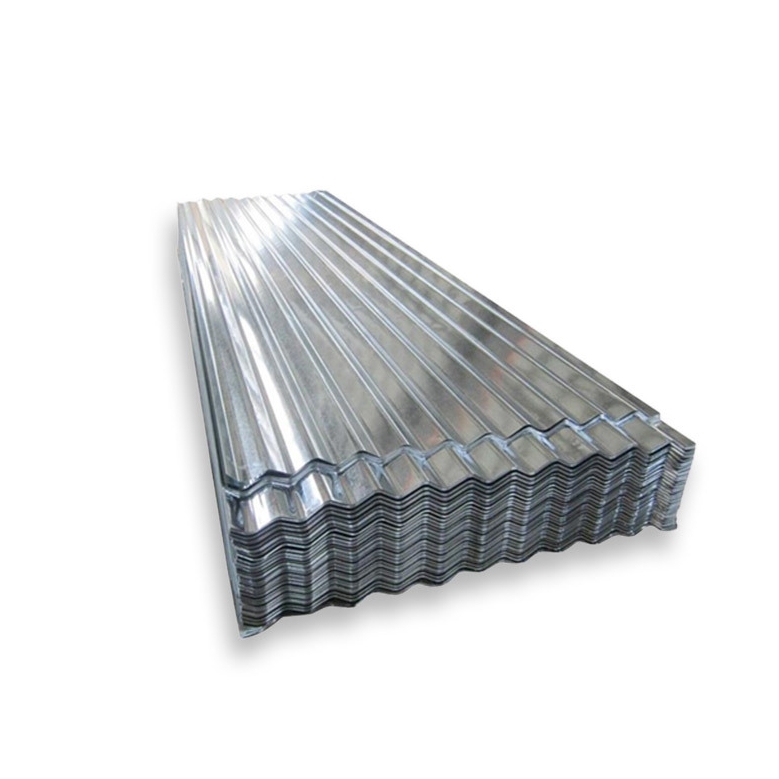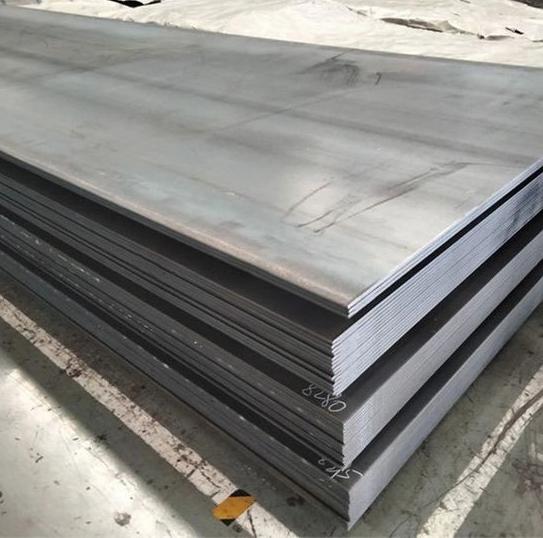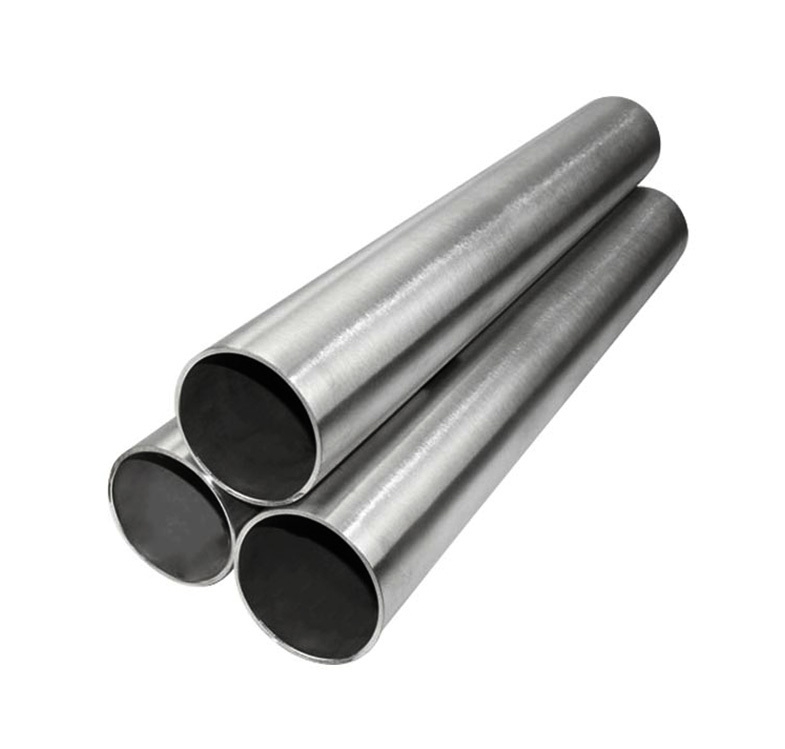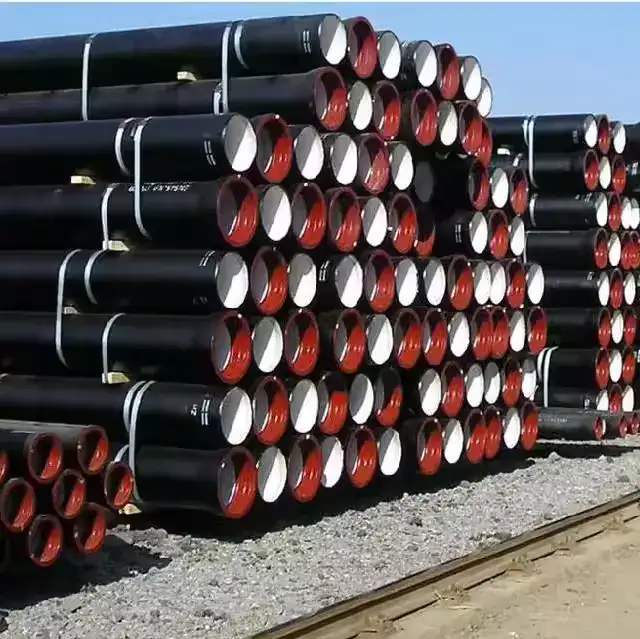High Yield Strength (HYS) steel plates are advanced engineering materials characterized by a minimum yield strength significantly higher than conventional carbon structural steels. This superior strength allows for the design of lighter structures and components without compromising on load-bearing capacity or safety, leading to more efficient and economical solutions across various industries.
Key Characteristics and Properties
The primary defining feature of HYS steel is its elevated yield strength. However, other properties are equally crucial for its application:
- High Yield and Tensile Strength: Yield strengths commonly range from 355 MPa (e.g., S355 grade) up to 1100 MPa (e.g., S1100QL) or even higher for specialized grades.
- Good Toughness: Excellent fracture toughness, particularly at low temperatures, is a hallmark of many HYS steels, especially quenched and tempered (Q&T) varieties.
- Weldability: While requiring specific procedures (e.g., low hydrogen consumables, preheating for thicker sections), many HYS grades are designed for good weldability.
- Formability: Depending on the strength level and specific grade, HYS steels can offer adequate cold forming capabilities, though they typically require larger bending radii and higher forming forces than mild steels.
- Fatigue Resistance: Generally, HYS steels offer improved fatigue resistance, beneficial for cyclically loaded structures.
Common Grades and Standards
HYS steel plates are produced according to various international standards. Some widely recognized grades include:
- EN 10025-6: Covers hot-rolled products of structural steels, specifically high yield strength quenched and tempered steels (e.g., S690QL, S890QL, S960QL).
- ASTM A514: Standard specification for high-yield-strength, quenched and tempered alloy steel plate, suitable for welding.
- ASTM A709 Grade HPS 70W/HPS 100W: High-performance steels for bridge construction.
Many specialized grades are also available from manufacturers to meet specific performance criteria. Reliable suppliers, such as Shanxi Luokaiwei Steel Company, often provide a comprehensive range of these grades with full traceability and certification.
Applications
The advantages of HYS steel plates lead to their use in a wide array of demanding applications:
- Lifting and Mobile Equipment: Crane booms, aerial work platforms, chassis for heavy-duty trucks and trailers.
- Construction: Long-span bridges, high-rise buildings, stadiums, and architecturally complex structures where weight reduction is critical.
- Offshore Structures: Jack-up rigs, oil and gas platforms, and components for wind turbines where high strength and toughness are essential.
- Mining and Earthmoving Machinery: Dump truck bodies, excavator buckets, and wear-resistant components.
- Pressure Vessels and Penstocks.
The selection of an appropriate HYS steel grade, often with technical support from experienced providers like Shanxi Luokaiwei Steel Company, is crucial for achieving optimal performance and safety in these applications.
Processing Considerations
Fabrication of HYS steel requires careful attention to detail:
- Welding: Adherence to recommended welding procedures, including preheat and interpass temperature control, and the use of low-hydrogen consumables, is vital to avoid issues like cold cracking.
- Cutting: Thermal cutting methods (plasma, laser, oxy-fuel) are common. The heat-affected zone (HAZ) properties should be considered.
- Forming: Cold forming requires higher capacity equipment and generally larger bend radii compared to mild steels to prevent cracking. Springback can also be more pronounced.
The consistency in mechanical properties and dimensional tolerances, often ensured by quality-focused producers and distributors like Shanxi Luokaiwei Steel Company, is paramount for efficient and reliable fabrication processes.
Benefits
The utilization of high yield strength steel plates offers several significant benefits:
- Weight Reduction: The most prominent advantage. Higher strength allows for thinner sections, leading to lighter overall structures. This can reduce material costs, transportation expenses, and erection efforts.
- Increased Payload: In mobile equipment, reduced structural weight translates directly to increased payload capacity.
- Enhanced Structural Performance: Ability to withstand higher stresses and loads.
- Improved Durability: Often exhibit good abrasion resistance and fatigue life depending on the specific grade.
- Potential for Cost Savings: While the per-tonne cost of HYS steel can be higher, overall project costs may be reduced due to less material usage, simplified designs, and lower associated costs. Working with established entities such as Shanxi Luokaiwei Steel Company can also help in optimizing material selection for cost-effectiveness.



